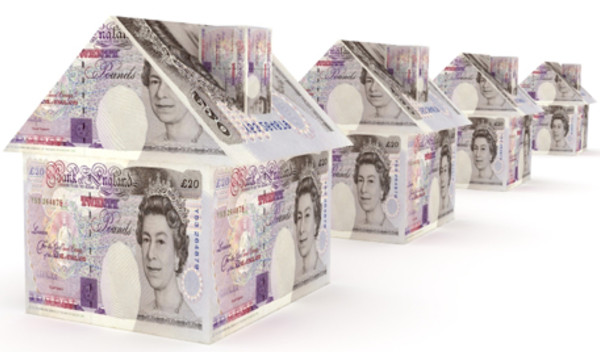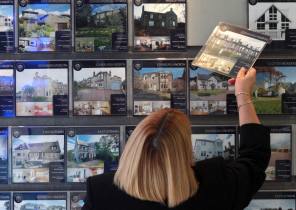

In five years time, average property prices in London will be 80 per cent ahead of the pre-crisis market peak, according to BNP Paribas Real Estate research.
The peak of the London property market took place in the last quarter of 2007, according to Nationwide, when prices were £303,739.
The lender’s data had London property prices at £429,711 in the second quarter of this year, meaning they are already 41 per cent higher than in the peak of the market. To meet BNP Paribas’s prediction, this means average London property prices have a further 39 per cent to go in the next five years, taking average property prices to £547,730.
French Banking Group’s Real Estate Advisory Business’s report stated that even with increased spending power delivered through improving average earnings in the capital, the affordability challenges associated with this magnitude of growth are evident.
Simon Durkin, head of research at BNP Paribas Real Estate UK, told FTAdviser that the figure may sound sensationalist, but it equates to around 8.5 per cent a year and, that compounded, brings things to 80 per cent.
According to the report, London house prices will grow by 10.1 per cent this year, 7.5 per cent next year, 5.9 per cent in 2017, 5.8 per cent in 2018 and 3.7 per cent in 2019.
Mr Durkin said: “In 2008, the debt markets dried up and the credit crisis followed with no availability of credit. We are not forecasting that this time for this change in the cycle.
“Some won’t be able to afford [the 2020 prices] but other options will materialise. This is an average, meaning prices can go either side.”
David Hollingworth, customer engagement manager at London and Country, pointed out that first-time buyers will struggle with deposits.
“A 25 per cent deposit is around £137,000 which may be possible if you were in that market already, when you have seen growth in equity to push on for the next purchase. But how will first-time buyers at the bottom-end cope with deposit requirements, although they don’t need to put down 25 per cent?”
He added that if a 25 per cent deposit is put down, a mortgage for £410,000 would be needed, meaning the salary, which can be a joint or single application, would need to be just above £100,000 a year.
“I imagine then that first-time buyers will be looking for better value properties, in cheaper areas,” added Mr Hollingworth.
Meanwhile, for the rest of the UK, BNP Paribas’s report predicted nominal house prices to rise by 5.7 per cent this year. According to Nationwide’s latest house price index, current property prices are around £194,258 which is 5 per cent above 2007’s peak of £184,131.
Despite a “marked slowdown” since the first half of 2014, values in real terms have maintained their pace of growth buoyed by near zero inflation, resulting in “real house price growth” close to the long-term trend of 3 per cent, BNP Paribas said.
“Looking further ahead, there are both positive and negative factors to consider. Robust economic growth will continue to underpin earnings and employment, however, rising base rates will combine with the ongoing withdrawal of supportive monetary measures,” read the report.
“This will dampen affordability and the capacity for house price growth to be delivered over the medium term. We forecast average annualised nominal growth of 7.6 per cent per annum for the UK as a whole over the period 2016 to 2019.”
donia.o’loughlin@ft.com



